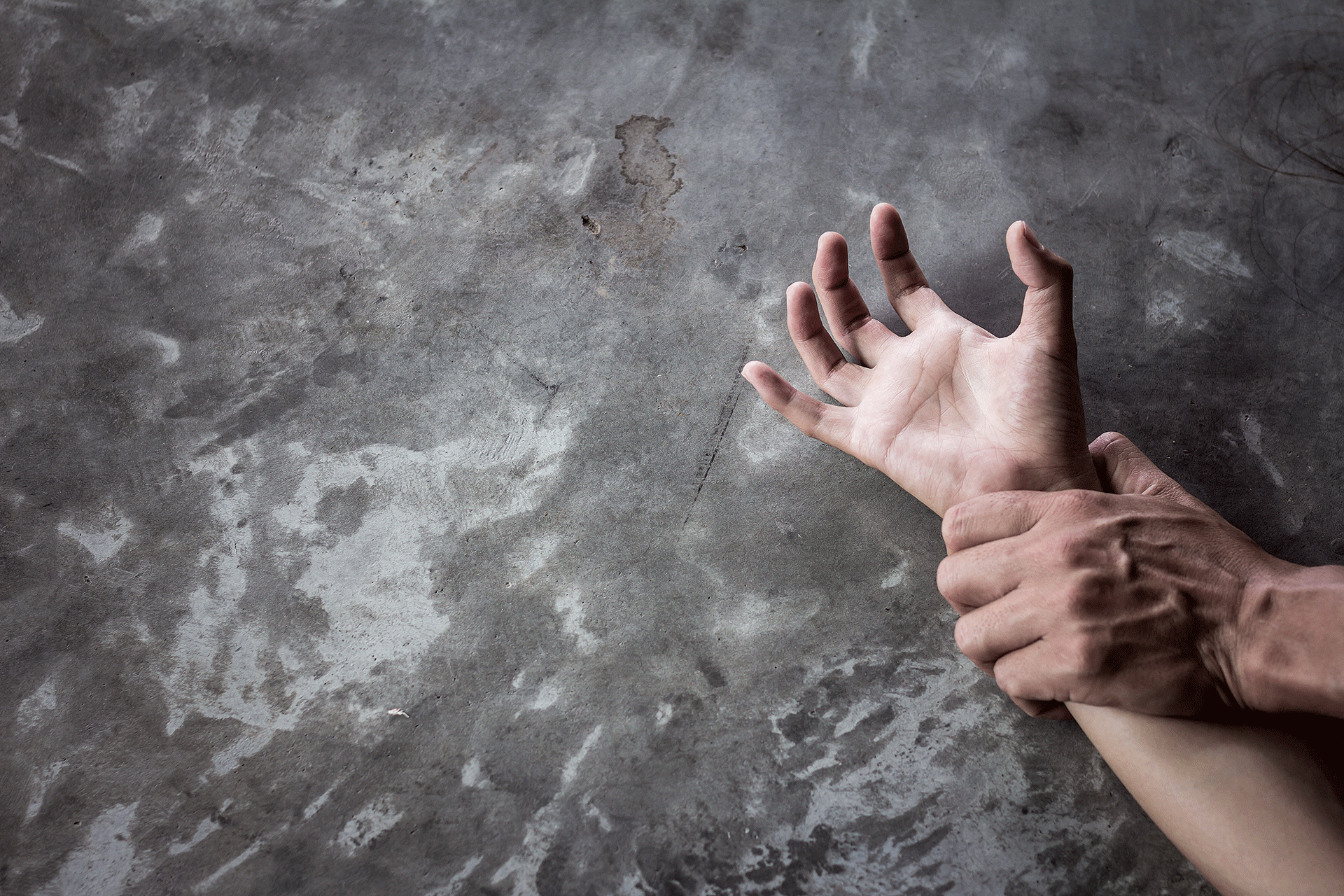Subin Mulmi
Human Rights Lawyer

Rape and other forms of sexual violence are inherently related to power imbalances. It is the exercise of power by the perpetrator upon the survivor/victim to which the perpetrator feels entitled to. As a society when we contribute to perpetuating the power imbalances and differentials, the more powerful will continue to set and retain norms and beliefs that normalise sexually offensive behaviour, objectification of a person’s body, and more importantly, undermine the importance of consent in any kind of sexual relationship.
Additionally, in the society that we live in, our choices and decisions are made by others supposedly for our benefit. The concept of consent is hardly taught to us. Consent is a simple yes or no, yet complex when it comes to sexual relationships. Understanding what amounts or what does not amount to consent is important, which can only happen if we have more conversations on sex. However, we don’t talk about it openly and freely and stigmatise anyone who wants to talk about it
Radha Paudel
Founder, Global South Coalition for Dignified Menstruation

We, as a community, need to change the narrative of gender identity and gender equality to reverse rape culture from the world. We have to de-learn about construction and socialisation of power and patriarchy. The underlying cause of construction and shape or socialisation of power and patriarchy is menstrual discrimination. Irrespective of education, wealth, religion, caste, menstrual discrimination is in practice globally; in private and public spaces, visibly and invisibly. In a decade of discourse of human rights, development and feminism, menstrual discrimination is yet to be challenged. Neither home nor school nor state tells us that this universe exists and moves forward because of menstruation and that it is clean and pure blood. No menstruators get the information that this is their power and pride.
Ironically, menstruation itself is considered negatively and menstruators are considered powerless, impure, disadvantaged, and inferior. The silence around menstruation at home, in school, community, workplace, by state, NGOs, UN has created fear and myths that propagates the idea that menstruation is worthless throughout a woman’s life cycle.
The violence against menstruators within all diversities, misogynistic languages, victim blaming, glamorisation of violence, commodification or objectifying of menstruator’s body in both public and private is happening all around the globe. Sex selective abortion in low-income countries and gender pay gap in developed countries may sound like two different issues but it is not. Both are happening because menstruators are considered as powerless, disadvantaged.
Unfortunately, globally, we are repeating the same things instead of changing the narrative. For gender identity, I recommend that we identify people as menstruators and non-menstruators which fast forwards gender inclusion. And for gender equality, menstruators must be considered as equal human beings as non-menstruators.
Sagoon Bhetwal
Feminist & Researcher

When we dig deeper, we realise that crime such as rape is also facilitated by power dynamics. It is about how one holds the belief that they can exert dominance over somebody else and it only keeps strengthening when we, as a society, fail to address such power relations. It is also our society that fosters rape culture by normalising behaviours that objectify and demean others, especially women, and reacts by blaming the victim rather than holding the perpetrator accountable.
Smriti Baral
Activist

Rape culture is a pervasive issue in society that contributes to the normalisation and acceptance of sexual violence. As a society, we perpetuate rape culture by blaming the victim, objectifying women, promoting hyper-masculinity, and the lack of education about sex and consent.
To address this issue, we must challenge these harmful beliefs and attitudes and provide education and support to prevent sexual violence. We need to teach children from an early age about healthy relationships, boundaries, and consent. Both boys and girls need to understand the importance of respecting each other’s boundaries and the consequences of sexual violence.
We must also hold perpetrators of sexual violence accountable for their actions. We need to provide support and resources to survivors of sexual assault and create a justice system that takes their experiences seriously. We must challenge the harmful attitudes that blame victims for assault and instead focus on holding perpetrators responsible for their actions.
Ultimately, it is everyone’s responsibility to contribute to creating a culture that values empathy, compassion and respect for all. By changing the way we talk about sexual violence, challenging harmful beliefs and attitudes, and holding ourselves and others accountable, we can work towards a safer and more equitable society for all.

